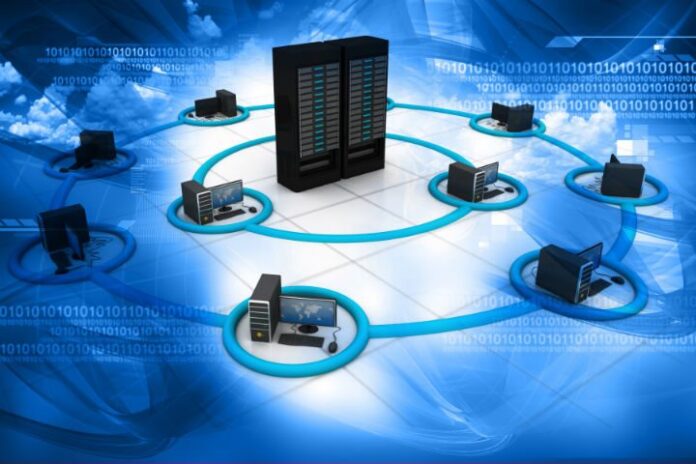Interoperability and making the most of big data analytics are key to realizing full economic potential of IoT
According to a new report from research firm McKinsey Global Institute, the economic value of the “Internet of Things” could be worth between $3.9 trillion and $11.1 trillion annually by 2025.
From the report: “Our central finding is that the hype may actually understate the full potential – but that capturing it will require an understanding of where real value can be created and a successful effort to address a set of system issues, including interoperability.
The IoT, also called the Internet of Everything, is an industry buzzword that essentially describes networks of autonomous devices and objects that can relay data.
In preparing the report, McKinsey looked at 150 IoT use cases including health monitors and industrial equipment hooked up to sensors meant to optimize maintenance.
The report authors stress the importance of interoperability between IoT systems. “Of the total potential economic value the IoT enables, interoperability is required for 40% on average and for nearly 60% in some settings.”
Also key is properly harnessing the massive volume of data produced by IoT networks, according to the report.
For instance, the authors said, of all the data produced by an oil rig equipped with 30,000 sensors, only 1% is actually examined.
“That’s because this information is used mostly to detect and control anomalies – not for optimization and prediction, which provide the greatest value.”
And while most IoT-related discourse focuses on consumer applications – learning thermostats, smart lightbulbs, health monitors like the Fitbit, etc. – McKinsey notes that particular segment represents the minority of the addressable market.
“Business-to-business applications will probably capture more value – nearly 70% of it – than consumer uses, although consumer applications, such as fitness monitors and self-driving cars, attract the most attention and create significant value, too.”
The authors further predict that IoT will make more of a splash in advanced, rather than developing, economies.
“A dynamic industry is evolving around IoT technology. As in other technology waves, both incumbents and new players have opportunities. Digitization blurs the lines between technology companies and other types of businesses; makers of industrial machinery, for example, are creating new business models by using IoT links and data to offer their products as a service.”

